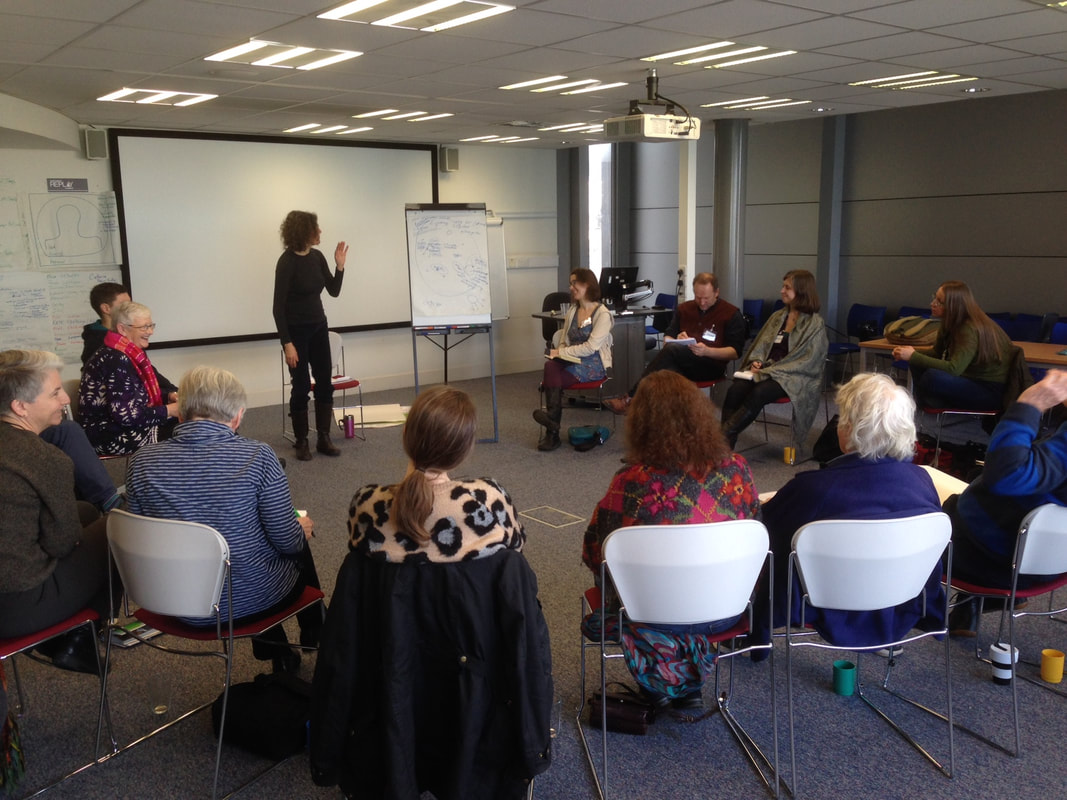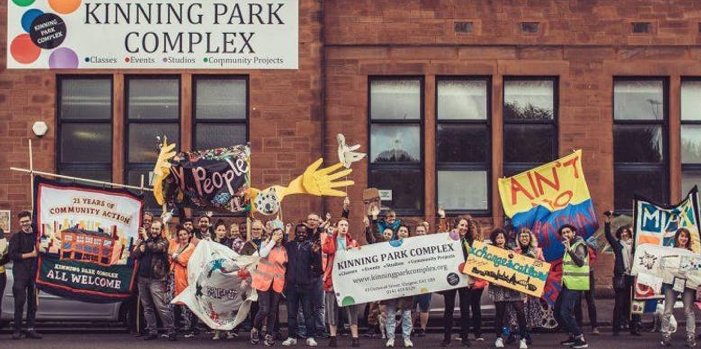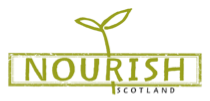|
A free online gathering for members of Scottish Transition groups and those who identify with the Transition spirit, hosted by Transition Scotland Hub through SCCAN. Sign up at https://ts9jan.eventbrite.co.uk Following on from the successful Transition Scotland gatherings in previous years in St Andrews, the Black Isle, and Dunbar, this year we will have it online, but hopefully with the same levels of inspiration, sharing, and fun! It will be time to connect with old and new friends, take stock and share what is happening in Transition across Scotland, share opportunities and challenges, and dream into what our future holds. We will also explore the new resources around What if? developed by Rob Hopkins and Transition Network through the Bounce Forward project, which may prove very useful for Transition groups in these rapidly changing times. We will use zoom, and have break-out rooms for small group conversations, creative activities, and plenty of breaks to avoid screen fatigue. Draft timetable 9.30 - Welcome and Introductions 10.00 - Small group reflection on What is happening in Transition in Scotland today 10.30 - Break / mingling 10.50 - What if Introduction and trying out of the new visioning resources 11.45 - Break 12.00 - What next for Transition Scotland 12.30 - Close We hope to see you there! Additional links - Plenty of interesting work and opportunities are coming out of the Bounce Forward project at the moment: Series of webinar recordings reflecting on What is the changing context for Transition with Covid, Black Lives Matter etc, and what opportunities are arising? Free course on Community Organising to embrace diversity and address issues of power and privilege (apply by Dec 16th) What if webinar recordings and download What if visioning exercise guide
0 Comments
Work has started on developing the Scottish dimension of a bid by Transition Network for funding for a “Transition Regional Connecting and Peer Support” initiative across whole of GB. Following the Request for Proposals issued 22 May, this update and advises next steps.
We have appointed Kate Dyer, experienced project manager of community-led initiatives especially in Africa and Duncan Clark, Transition Stirling trustee, to help guide the Scottish contribution to a significant bid to The National Lottery Community Fund under the above title. [email protected] is their contact address. David Somervell (Transition Edinburgh) and Philip Revell (Sustaining Dunbar) have stepped up to root this work in Scotland rather than being done remotely from London.
In friendship, David & Philip Folks in Scotland were very fortunate to be able to invite Transition Trainer, Tina Clarke from the USA to visit on on the 2nd & 3rd of March 2019.
The first day was a Scottish Communities Climate Action Network Spring Gathering and Skillshare event. (more text here to summarise the day - David S to supply). Tina wrapped up the first days session by sharing her experience of helping grassroots initiatives across America, Canada and Europe. The second day was entitled 'Transition Training for a Carbon Neutral Scotland' and after a go-around to introduce ourselves, and what we wanted to gain from the day, Tina took us through what she called the 6 ways to create Social Change:
Tina also talked about the suitable scales of action. Neighbourhood Level - smaller local clusters of neighbours/households (say approx 15 people within 15 mins walk of each other), where action should be focused on the practical (hands-on) activities. In Permaculture speak this would be the herb zone, chicken zone, etc. This could be communal growing spaces, orchards, compost bins, etc. Focusing on a Resilience of 1-3 weeks worth of resources. Municipality/Community Level - town sized populations, where the outlook is broader in scope, looking and lifespan and legacy elements, food supply, water supply, heating, cooling, sanitation, with a Resilience focus on say 1-3 months. and the Regional Level - were the focus might be on 1-3 years ahead, and be about local economics, energy plans for 100% renewables, 50% of food supply, etc. Understanding these scales will help us to apply the right activities and planning at the appropriate level. ie there's no point in focusing on local economic issues at a neighbourhood level, and equally at a regional level it's very complex to organise big hands-on activities. In Scotland we need to look at streets, towns, villages, regions of cities as well as the larger regions and local authority levels of society and to channel our efforts to where they will be most effective an efficiently adopted. Recommended Resources from the weekend are: - Mark Jacobson - see link - Story of Stuff - Transition HealthCheck - Climate Challenge Fund - Scottish Government funding for community-led projects. - (more here) Reflections from attendees: <name> - <reflection here> <name2> - <reflection here> Many thanks to David Somervell for organising the weekend and to Tina for making a deviation from her trip to Denmark to see us in Scotland. Scottish Communities Climate Action NetworkBook your place here for Scottish Communities CAN's Annual Gathering. This year we have two days of events: Day 1 takes a look at why local decision is the future of politics, and how that might look, through talks and participatory workshops. Day 2, which takes a closer look at the conditions needed for good decision making in your local group or community, is an experiential workshop.
Day 1: Politics as Though People and Planet Matter: Harnessing democracy for our communities’ futureCan we imagine a world in which communities have control over the decisions that matter to us, and the resources to act on them? Can we re-invent how we do local democracy and local politics? And what would this mean for community-led climate action? The draft programme for the day can be viewed here.
Day 2: Decision making and governance: building a healthy relationship to powerA training day with Claire Milne, Transition Network and Eva Schonveld, SCCAN
Dear followers and supporters of Transition movement in Scotland.
We've put together this short survey and would greatly appreciate your time and views on the questions within. Here's the link: https://goo.gl/forms/VMhdy9ZV9y13Dl3B3 As a wee incentive, the first 20 will have a prize draw of a box of Fairtrade Chocolates ... and then a further box for all the rest submitted by 20 April! Would you like to be involved with Transition Scotland (TS)? We work in our communities to make them stronger, happier and truly sustainable. We have just become a National Hub, part of the global Transition Network, with members in every continent. Through our website http://www.transition.scot and our newsletters we connect those in Scotland inspired by Transition tools and techniques ... to make our work even more effective. We encourage group membership AND individual membership. This short survey will inform our direction in the coming year. Please get in touch if you can get involved – and join our Learning Opportunity weekend with Sustaining Dunbar, Friday 20 - Sunday 22 April [Book via https://ts-dunbar.eventbrite.co.uk] Thanks for your ideas. |
DonateLink to follow... please use the contact form in the interim. Blog Categories
All
Copyright © 2020 Transition Scotland, All Rights Reserved Associated Links
|







